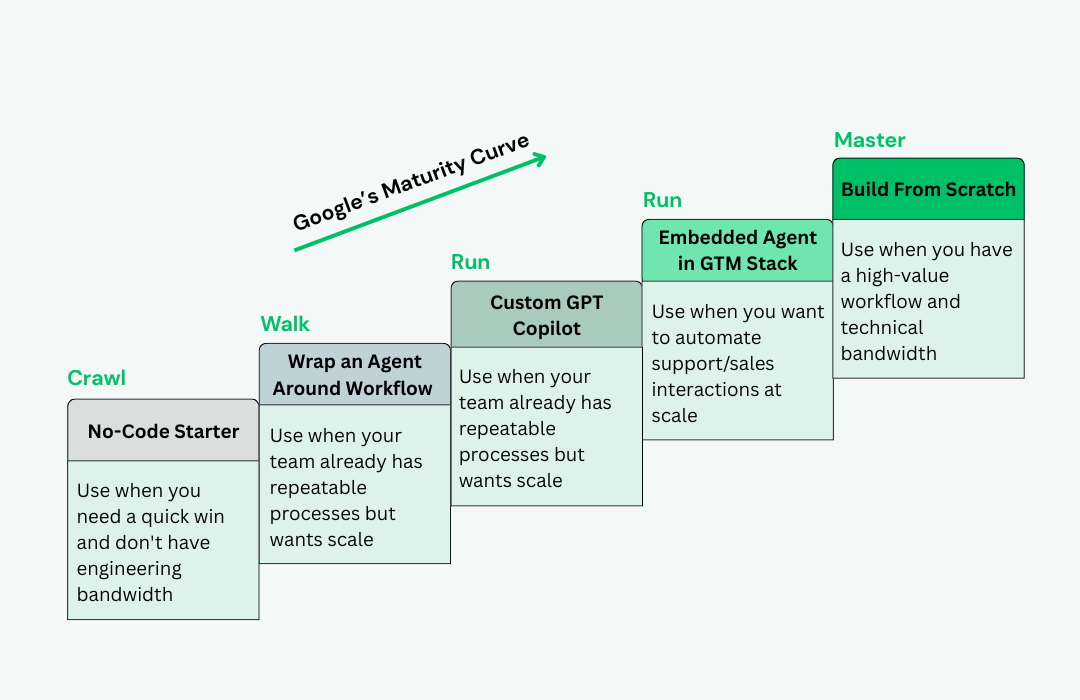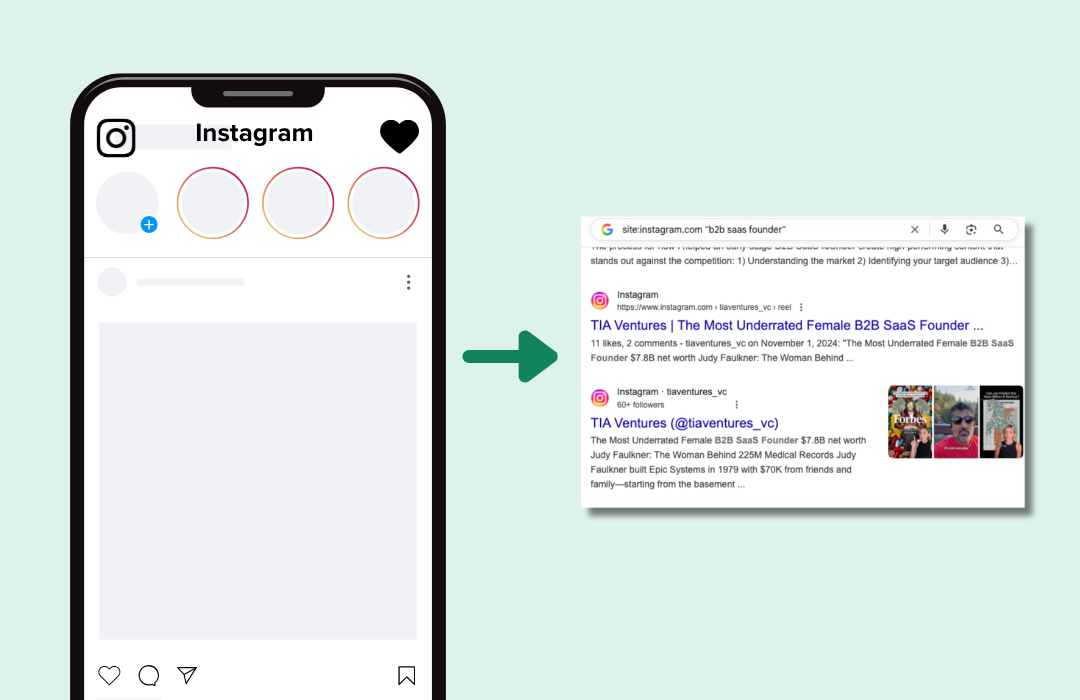While most conferences are starting to become more about networking and stealthy product pitches by sponsors, Sales Hacker’s Revenue Summit 2018 was unforgettable.
After a full day of listening to some of the world’s most innovative sales and marketing leaders at Revenue Summit, I walked away with mind blowing learnings to help up my sales game and prepare me for 2018.
Let’s dive into the Revenue Summit 2018 recap broken down into 5 key takeaways.
1. The Analytics You’re Looking at Are Outdated
During a talk about the future of sales leaders, Jacco vanderKooij (Founder @ Winning By Design) and Rob Jeppsen (CEO @ Xvoyant) emphasized that most sales teams are looking at the wrong metrics.
https://www.slideshare.net/saleshackerconference/the-2020-sales-leader-89711581
Volume metrics are not as valuable
Volume metrics a.k.a. activity metrics such as the reports that you see in engagement tools such as Outreach and SalesLoft are outdated. These metrics can tell you only about what activities your reps are logging in, and their results. This information tells you little to nothing about the true value of a rep.
Top sales teams chase conversion metrics
Conversion metrics like the ones that you would find in ZenProspect or InsightSquared are what modern sales teams are looking at right now.
These metrics can tell you about which portions of your total addressable market you are actually converting business from, and help you identify where your bottlenecks may be at each stage of the funnel. Conversion analytics is a huge step forward from volume metrics. They allow your reps to create a repeatable, scalable framework.
Productivity metrics are the future
Productivity metrics allow you to accurately assess your ROI from a sales rep by looking at the churn rates and referral rates from customers after a sale. If it comes time to downsize your team, and your only metric for performance is the revenue that each rep brings in—you might just end up making poor decisions.
2. You Need to Change Your Daily Rep Goals
Sales volume metrics are dying. Sales reps need new entirely news goals and numbers to chase. No longer can goals be pre-assigned, requiring reps to hit a certain number of activities per day while burning through the total addressable market.
Olivia Nottebohm (Senior Director, SMB Sales and GTM Operations @ Google Cloud) and Sean Kester (VP of Product Marketing @ SalesLoft) both spoke about the significant improvements that were made ever since their sales teams switched daily rep goals from being volume-driven to focusing on 3-5 positive conversations per day.
When Volume is the only metric, abandonment of key accounts was higher. Now reps were less likely to abandon companies that they believed the product could help, and the overall results of the shifted focus were higher qualification rates and more revenue closed.
3. Sales Enablement Will Take You to the Next Level
With sales teams placing a higher emphasis on sales efficiency, there has been an increased focus on using the right sales tools to spur growth.
While speaking about the future of sales, Jacco and Rob mentioned that more teams are likely to spend 4 days per week selling and dedicate 1 day per week on sales training.
Although sales leaders are often focused on maximizing selling time, there’s a point of diminishing returns if you don’t spend time training reps to consistently improve.
New research has shown that what reps care most about in a job is education. Reps want to gain as much experience as possible before switching companies. If you want to retain your reps, then it’s important to ensure they are always learning and growing.
“There’s no one-size-fits-all approach. You must speak with reps or managers directly to understand where they feel strong and where their gaps lie.” ~ Amanda Chang (Senior Sales Enablement Manager @ Zoom Video Communications)
4. Selling is a Team Effort
Amit Bendov (CEO @ Gong.io) has found calls that involve multiple sales reps are 258% more likely to close.
https://www.slideshare.net/saleshackerconference/9-elements-of-highly-effective-sales-conversations
This approach was also used by Jennifer Brandenburg (VP of Inside Sales @ ServiceMax) and Chris Donato (VP of Sales @ DXC Technology) both of whom believe in the importance of a pod structure in closing high-tier accounts.
Jennifer specifically uses a small army to close deals after handoff by the sales development team at ServiceMax. Everyone from pre-sales, sales, and post-sales are paired into single territory pods. Thus allowing teams to work more efficiently on accounts by delegating tasks and keeping other team members accountable.
Chris found that team-based quotas and bonuses helped his reps keep each other accountable. The unusual team-based bonus structure resulted in his sales reps collaborating more to try and accomplish their team goal and moving the needle faster.
5. Creating a Structured Process is Necessary For Massive Success
An old adage in the sales world is that 20% of your sales reps will make up 80% of your revenue. While this might may have been true for decades, it represents some of the greatest flaws and inefficiencies in legacy teams.
If teams can work towards a goal of having 80% of reps make up 80% of revenue, then you truly have a repeatable and scalable process. For the elements of sales that are inside of one’s control, creating a structured sales process is the quickest way to start improving the overall effectiveness of your org.
John Barrows (Owner @ JBarrows Sales Training) and Morgan Ingram (Director of Sales Execution @ JBarrows Sales Training) have found that creating structured training and execution processes for companies that are hiring reps straight out of college, to be highly effective.
https://www.slideshare.net/saleshackerconference/how-to-build-an-outbound-engine-that-drives-consistent-results-with-a-structure-that-teams-can-thrive-in
They’ve been able to get rid of some of the variability that you’d find in a traditional sink or swim model of sales, and get closer to having 80% of reps make up 80% of revenue.
Revenue Summit 2018—Transformative and a Must-Attend
Whether you’ve been leading a sales organization for years or it’s your first time, you can always improve by learning and be experimenting with new strategies. There’s no place like Revenue Summit to meet and learn from some of the top sales and marketing leaders!
So there you have it, 5 key learnings from Revenue Summit 2018. Which ones will become a part of your 2018 strategy? I’d love to hear from you about some of the unique initiatives that you have, leading into 2018—feel free to comment below!







